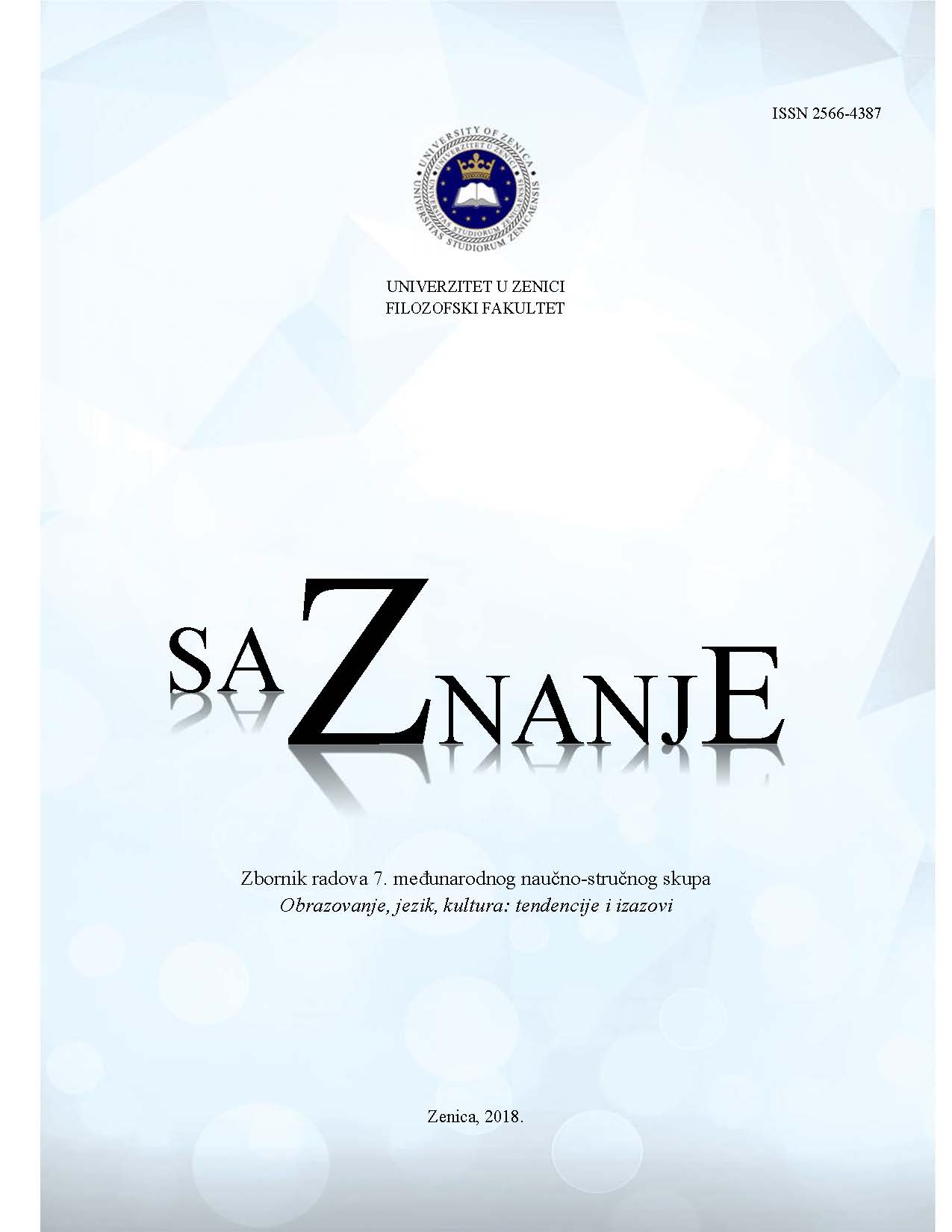FILMSKE ADAPTACIJE KAO MOGUĆNOST IDEOLOŠKOG
ČITANJA KNJIŽEVNOG PREDLOŠKA
FILM ADAPTATIONS AS AN OPPORTUNITY FOR THE IDEOLOGICAL READING OF LITERARY WORKS
Author(s): Vernes SubašićSubject(s): Language and Literature Studies, Studies of Literature, Film / Cinema / Cinematography, Theory of Literature
Published by: Filozofski fakultet, Univerzitet u Zenici
Keywords: film adaptation; ideology; Ivo Andrić; Branko Ćopić;
Summary/Abstract: When a piece of literature undergoes a change of medium and transforms into a completely different piece of art – a film, it inevitably gets immersed into the actuality of the period in which the transformation takes place. Film adaptations thus contain discursive energies of their time and, according to Robert Stam, serve as a barometer of ideological trends. A film adaptation of a literary work, therefore, contains cultural characteristics of the time in which the original was created, but also of the time in which the film was produced. That means that every period imposes its own view on the works from the past – its own interpretations.Therefore, the context of the period in which the literary original was created is pervaded by the context of the time of the film adaptation. Considering that the literary work by itself can have several interpretations, we could look at its film adaptation simply as another way of reading it, a certain interpretation from the point of view of the director or screenwriter – the adaptator. Such elements can be observed in the film adaptation of Ivo Andrić's story Pismo iz 1920. in the context of the ideology and propaganda that dominated the nineties, but also in the film adaptations of Branko Ćopić's novels Nikoletina Bursać, Gluvi barut and Orlovi rano lete.
Journal: saZnanje
- Issue Year: 1/2018
- Issue No: 1
- Page Range: 477-481
- Page Count: 5
- Language: Bosnian

